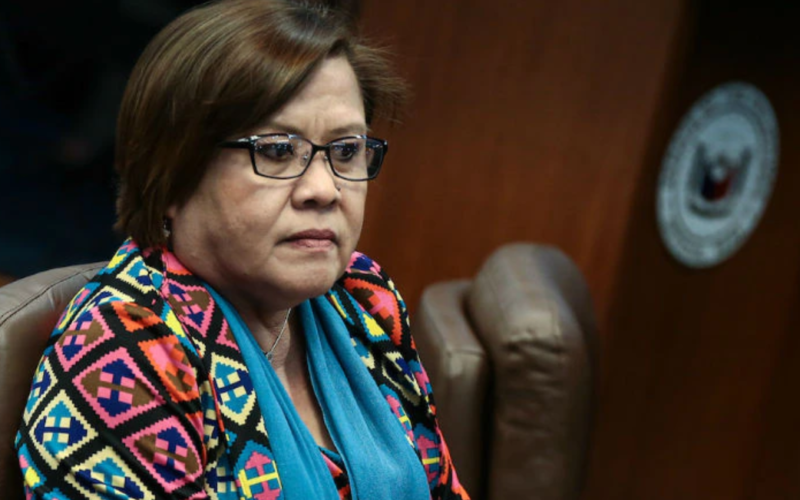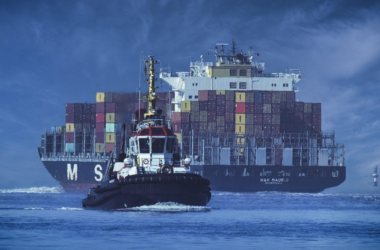In a significant legal development, a Philippine court has granted bail to Leila de Lima, a former senator and vocal critic of the controversial “war on drugs” led by former President Rodrigo Duterte. After spending nearly seven years in jail, de Lima has been granted bail in one pending case, marking a pivotal moment in her legal battle against charges she has consistently denied.
Leila de Lima, 64, faced multiple charges in 2017, shortly after initiating a Senate inquiry into President Duterte’s aggressive anti-narcotics campaign. The campaign, known for its severe measures, resulted in the deaths of thousands of alleged drug users and dealers, either in police operations or under mysterious circumstances.
Accused by Duterte of colluding with drug gangs during her tenure as justice minister, de Lima faced charges of conspiracy to trade narcotics. Over the years, she vehemently denied the allegations, maintaining her innocence. The recent development comes after two out of three cases against de Lima were dismissed, and she sought bail in the remaining case on health grounds.
The Philippine court’s decision to grant bail to de Lima has been met with anticipation and relief. Addressing reporters outside the court, she expressed her gratitude for the decision, stating, “Finally, I will be freed.” De Lima emphasized that her quest for justice and freedom had been a longstanding struggle.
The bail granted in the pending case holds legal significance, especially considering the high-profile nature of de Lima’s criticisms against the “drug war.” The decision reflects the court’s consideration of health grounds and adds a new dimension to the ongoing discourse surrounding the controversial anti-narcotics campaign.
Leila de Lima’s release on bail after years of legal battles underscores the complex intersection of politics, justice, and human rights in the Philippines. The decision brings attention to the challenges faced by critics of government policies and serves as a reminder of the ongoing debate over the impact and consequences of the “war on drugs.” As de Lima awaits further legal proceedings, her case remains emblematic of broader discussions on accountability and human rights in the context of governmental anti-drug initiatives.








